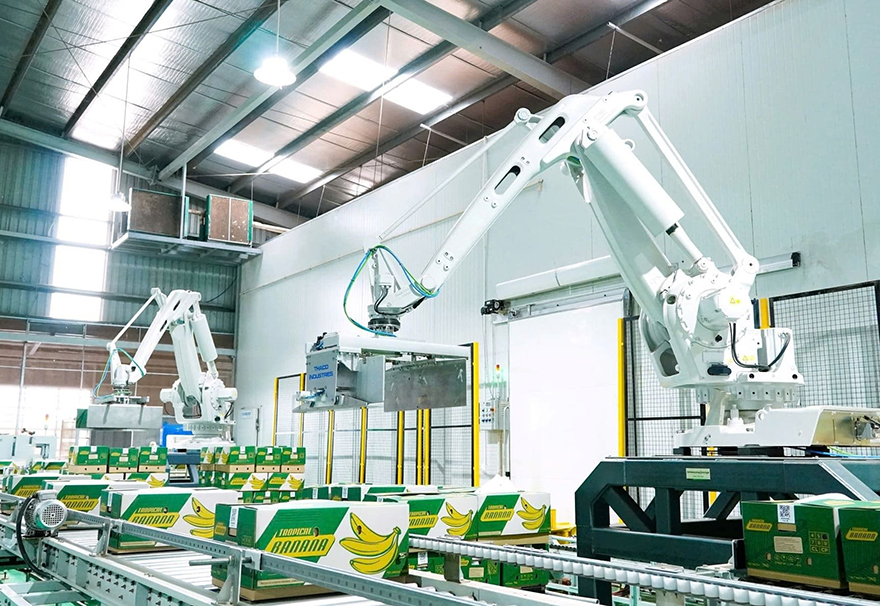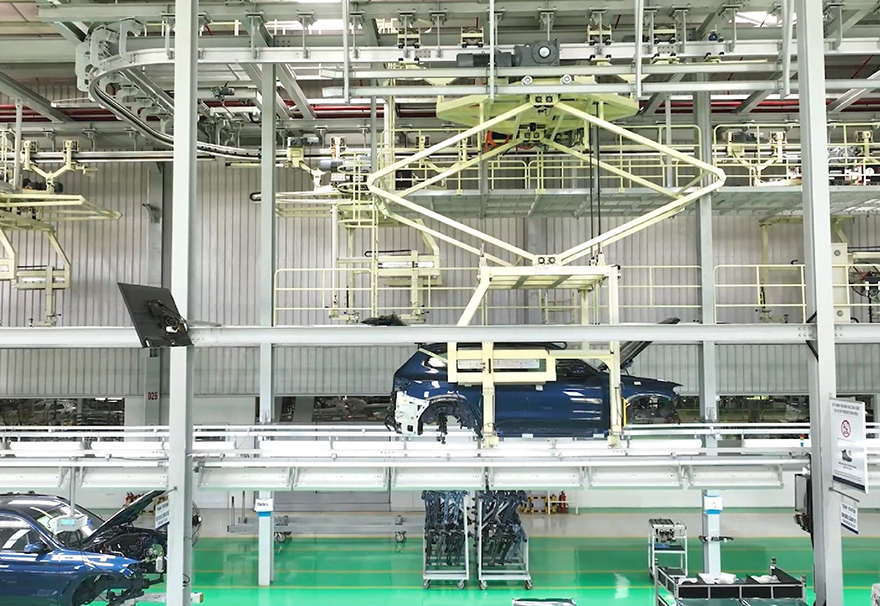Automotive Parts Manufacture: Trends Shaping the Future of Mechanical Engineering
Introduction
The automotive industry is undergoing a profound transformation driven by electric vehicles (EVs), autonomous systems, and sustainability demands. Automotive parts manufacture within Mechanical Engineering & Supporting Industries is evolving to meet these challenges, focusing on precision, innovation, and efficiency.

Xem Chi Tiet Bai Viet Tai: material handling equipment manufacturers
Modern Trends in Automotive Parts Manufacturing
Manufacturers are adopting cutting-edge technologies to produce components that meet modern vehicle requirements:
Xem Tai: Built for Productivity

Electrification of Vehicles – EVs require specialized powertrain components, battery modules, and high-voltage connectors, creating new manufacturing demands.
Xem Tai: Material Handling Equipment Manufacturers: Embracing Innovation for the Future

Lightweight Materials – Aluminum, high-strength steel, and composites reduce vehicle weight, improving fuel efficiency and battery range.
Tham Khao Them Tai: Material Handling Equipment Supplier: Enabling Efficient Industrial Operations
Automation and Robotics – Robotic welding, machining, and assembly enhance precision, repeatability, and production speed.
Additive Manufacturing (3D Printing) – Rapid prototyping and low-volume production of complex parts reduce development time and costs.
Smart Manufacturing – Integration of IoT, sensors, and AI-driven monitoring improves predictive maintenance, quality control, and operational efficiency.
These innovations ensure that automotive parts meet the highest standards of performance, safety, and sustainability.
Challenges in Modern Manufacturing
Despite technological advancements, manufacturers face several challenges:
Complex Supply Chains – Sourcing raw materials and components globally requires robust logistics and inventory management.
Cost Pressures – Balancing innovation, quality, and affordability is critical.
Regulatory Compliance – Components must meet evolving safety, emissions, and environmental regulations.
Skilled Workforce Requirements – Engineers and technicians must adapt to new technologies and manufacturing processes.
Overcoming these challenges requires collaboration between engineers, suppliers, and OEMs.
Opportunities for Innovation
The automotive parts manufacturing sector is leveraging innovation to stay competitive:
Digital Twins – Virtual models of components allow for testing and optimization before production.
Sustainable Production – Eco-friendly materials and energy-efficient processes reduce environmental impact.
Customization – Manufacturers can produce OEM-specific or aftermarket parts with precision and speed.
Collaborative Robotics (Cobots) – Enhances flexibility and safety in production lines while maintaining high throughput.
These opportunities drive efficiency, reduce costs, and enable rapid adaptation to market trends.
Future Outlook
The future of automotive parts manufacture is closely linked to industry evolution:
EV-Specific Components – Battery packs, electric drivetrains, and lightweight chassis parts.
Autonomous Vehicle Systems – Sensors, electronic control units (ECUs), and smart components.
Sustainable Manufacturing – Renewable energy usage, recyclable materials, and low-emission processes.
Integrated Digital Manufacturing – Real-time monitoring, AI-driven quality control, and predictive analytics.
Global Collaboration – Manufacturers working with OEMs worldwide to standardize quality and innovation.
Suppliers and manufacturers who embrace these trends will shape the automotive industry of tomorrow.
Conclusion
Automotive parts manufacture in Mechanical Engineering & Supporting Industries is rapidly evolving. By integrating automation, smart technologies, and sustainable practices, manufacturers are producing components that meet the demands of modern vehicles.
Innovation, efficiency, and adaptability are the keys to success in the future automotive landscape, ensuring high-quality, reliable, and environmentally responsible components for the next generation of vehicles. With a sustainable development strategy, Thaco Industries continuously expands its production capacity and enhances service quality. The brand aims to deliver superior value while meeting the diverse needs of both domestic and international markets.
#material_handling_equipment_manufacturers, #materialhandlingequipmentmanufacturers, #Thaco_Industries, #ThacoIndustries, #Thaco_Industries
|